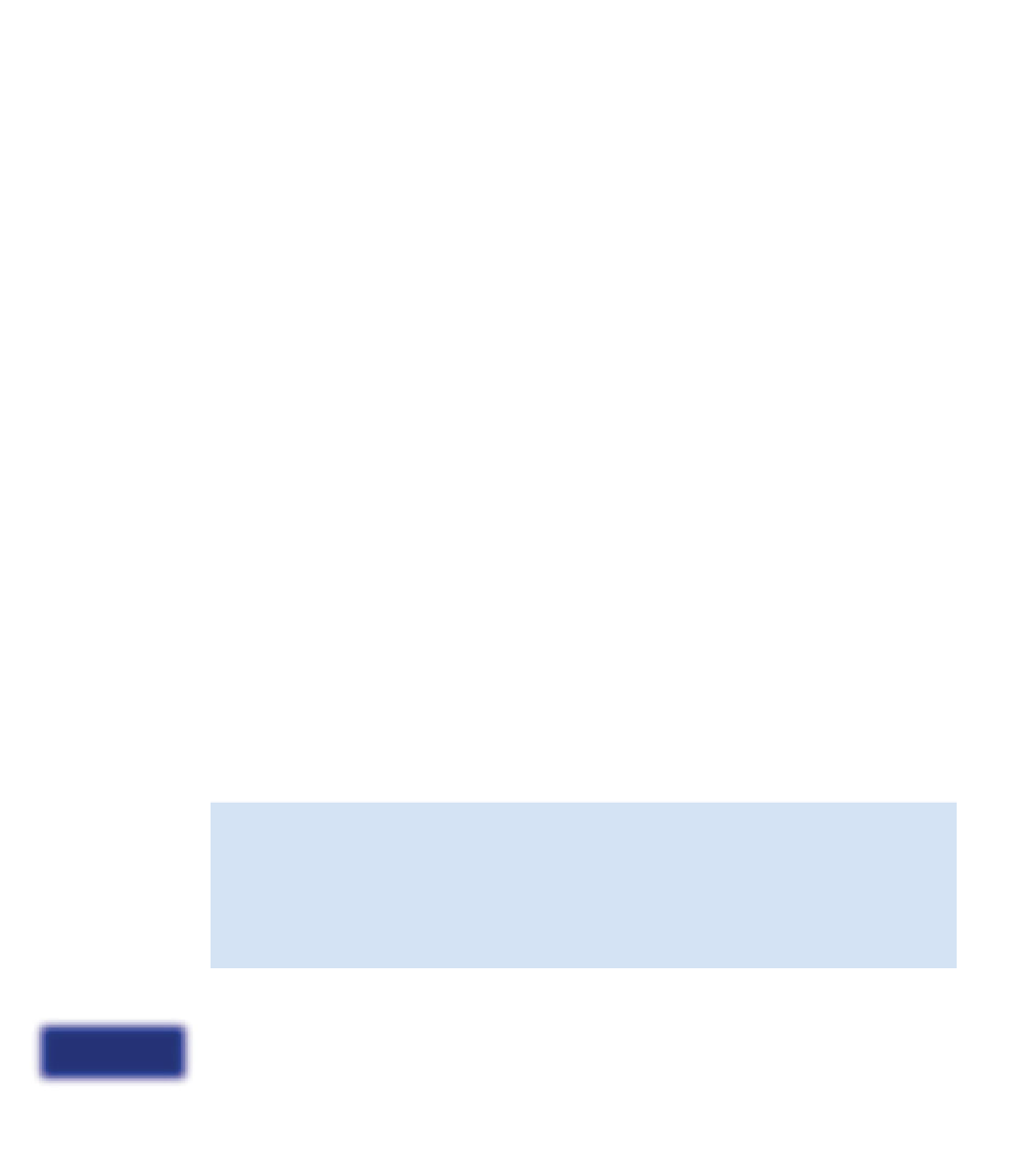Java Reference
In-Depth Information
Our goal to reduce coupling demands that, as far as possible, changes to the
Room
class do not
require changes to the
Game
class. We can still improve this.
Currently, we have still encoded in the
Game
class the knowledge that the information we want
from a room consists of a description string and the exit string:
System.out.println("You are " + currentRoom.getDescription());
System.out.println(currentRoom.getExitString());
What if we add items to rooms in our game? Or monsters? Or other players?
When we describe what we see, the list of items, monsters, and other players should be included
in the description of the room. We would need not only to make changes to the
Room
class to
add these things, but also to change the code segment above where the description is printed out.
This is again a breach of the responsibility-driven design rule. Because the
Room
class holds
information about a room, it should also produce a description for a room. We can improve this
by adding to the
Room
class the following method:
/**
* Return a long description of this room, of the form:
* You are in the kitchen.
* Exits: north west
* @return A description of the room, including exits.
*/
public String getLongDescription()
{
return "You are " + description + ".\n" + getExitString();
}
In the
Game
class, we then write
System.out.println(currentRoom.getLongDescription());
The “long description” of a room now includes the description string and information about the
exits and may in the future include anything else there is to say about a room. When we make
these future extensions, we will have to make changes to only a single class: the
Room
class.
Exercise 6.11
Implement the changes described in this section in your own
zuul
project.
Exercise 6.12
Draw an object diagram with all objects in your game, the way they are just
after starting the game.
Exercise 6.13
How does the object diagram change when you execute a
go
command?
6.8
Localizing change
Another aspect of the decoupling and responsibility principles is that of
localizing change.
We
aim to create a class design that makes later changes easy by localizing the effects of a change.

Search WWH ::

Custom Search